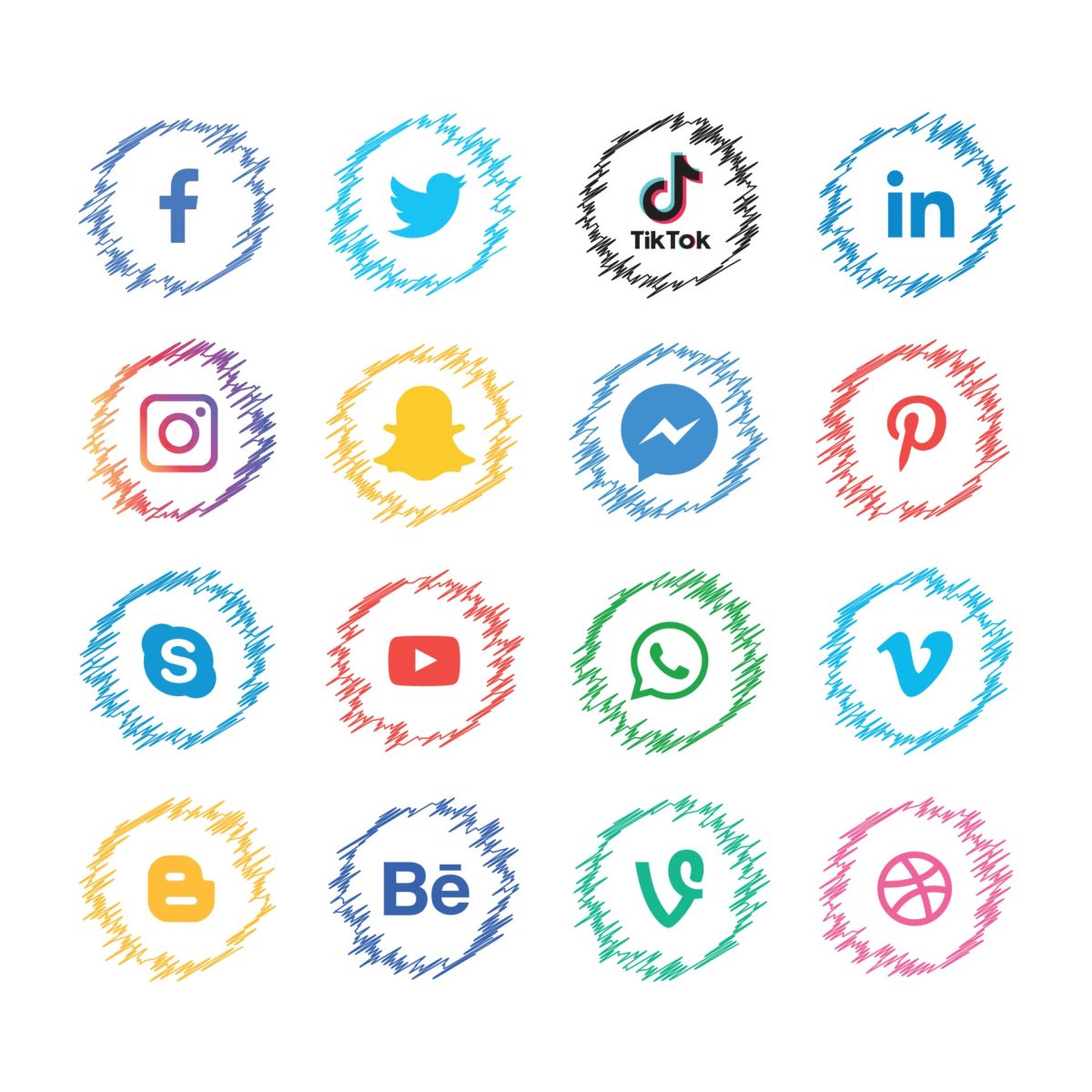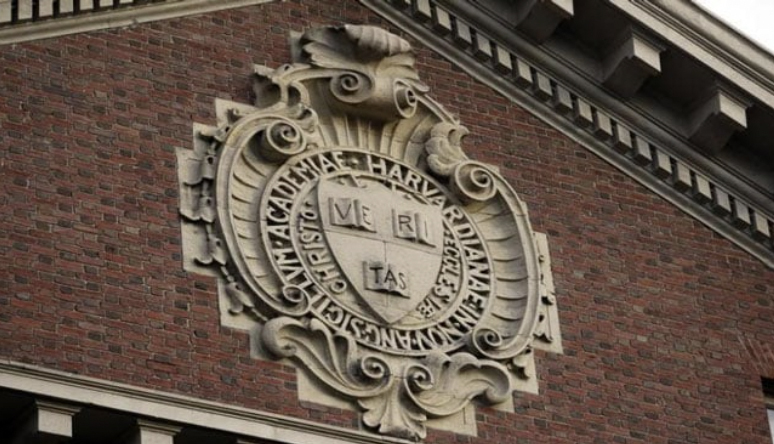Although many believe that “cancel culture,” or the process of a celebrity or online persona being “canceled” for their behavior, is overkill, the fact is that there must be some system to keep those with power in society in check.
With the public eye so centered on celebrities, they should embrace their position as community role models and act in ways that others should emulate. While this isn’t to say that celebrities must never make mistakes and should be perfect all the time, they should still recognize that their choices will be under intense scrutiny by the public and take care to ensure that their actions don’t harm the community.
Too often, celebrities can get away with inexcusable behaviors or even crimes due to their status. It is time to ensure they are held to the same standard as the rest of the world. As many lawmakers and enforcers often look over these actions, the responsibility has fallen to the public to investigate and criticize questionable behaviors. Although this is not the best way to deal with cases of hate or even criminal tendencies, it is, unfortunately, what has occurred due to the preferential treatment of people in power towards other people in power.
Many people argue that celebrities are too often criticized for past behaviors. While this is true in some circumstances, people who have been accused of crimes or other hateful behavior should not be excused simply because it wasn’t looked badly upon at the time. We need people who are role models for the community to have been in the public spotlight for the entire time. As their actions have impacted the public from the time they gained prominence in society to today, it is important that the community knows any hurtful behaviors during this time, as people deserve to know if their idols are not who they seem to be.
When celebrities are canceled for crimes, whether that crime occurred two days ago or two decades ago, the victims of those crimes deserve to be held in the light and for their voices to be heard. By acknowledging and believing victims’ statements, even those who were hurt years ago, the public sets a precedent that no matter a person’s status in society, committing acts of violence or other crimes is unacceptable and will not be tolerated. As a result, other celebrities will be dissuaded from committing similar crimes because they are immune to repercussions due to their position of power. Another benefit is that victims of similar crimes or of similar perpetrators will be encouraged to come forward with their stories if they see that people who come forward are believed. Additionally, often it is companies rather than individuals that are being canceled, whether for hurtful policies or insensitive statements.
An example is the common occurrence of makeup companies being criticized or canceled for not providing inclusive shade ranges for their products. Many people were left enraged by the fact that their skin colors were not accommodated for and took to the internet to expose the exclusivity perpetuated by significant cosmetics brands. In many instances, companies respond to this online criticism by widening their shade ranges and, once they do so, they are often praised. Thus, cancel culture is essential in keeping companies in check and ensuring they provide for all their customers equally.
Overall, cancel culture is essential for social progress, as it ensures that celebrities fulfill their position as role models for the community rather than displaying bad examples for those watching their every move. Additionally, it promotes the ideas of justice for victims and inclusivity by exposing past behaviors, whether crimes or simply hateful comments. Although there is indeed progress to be made, and some people are canceled for seemingly insignificant reasons, cancel culture’s benefits certainly outweigh its downsides.










































